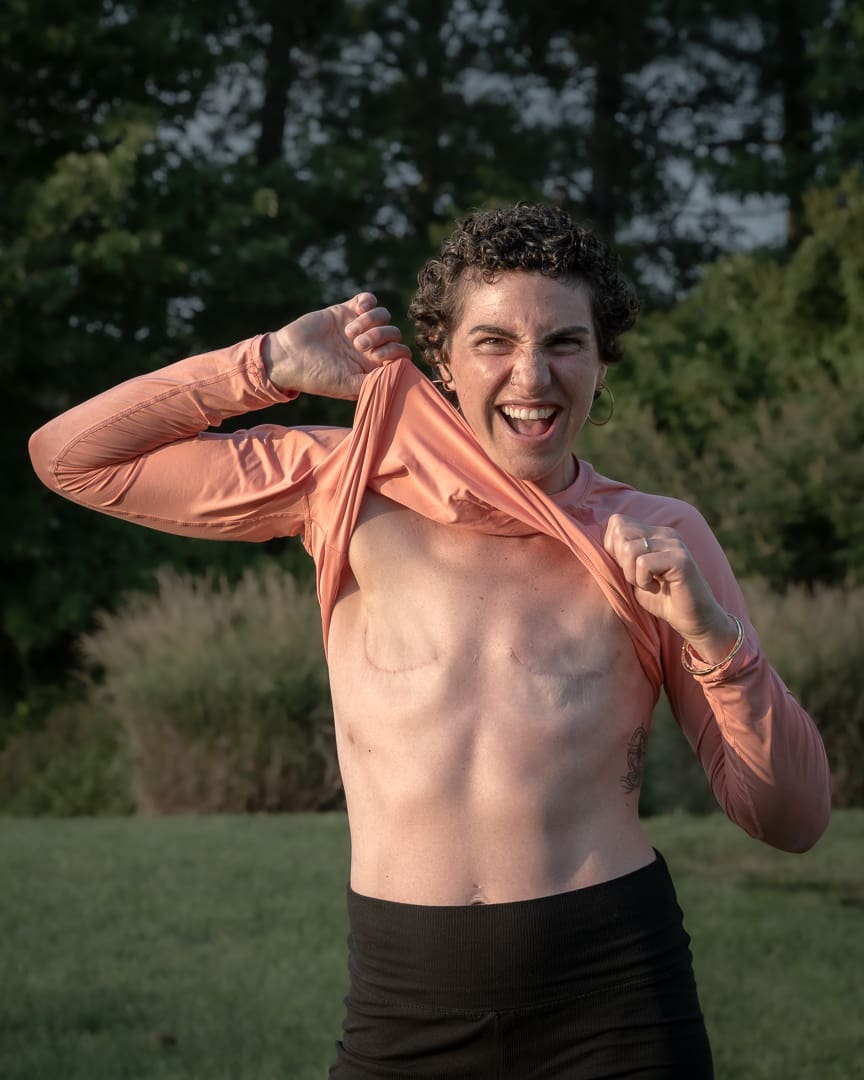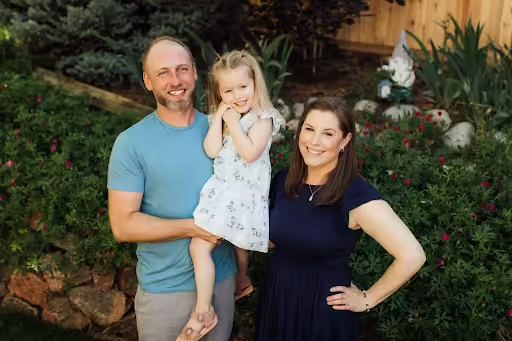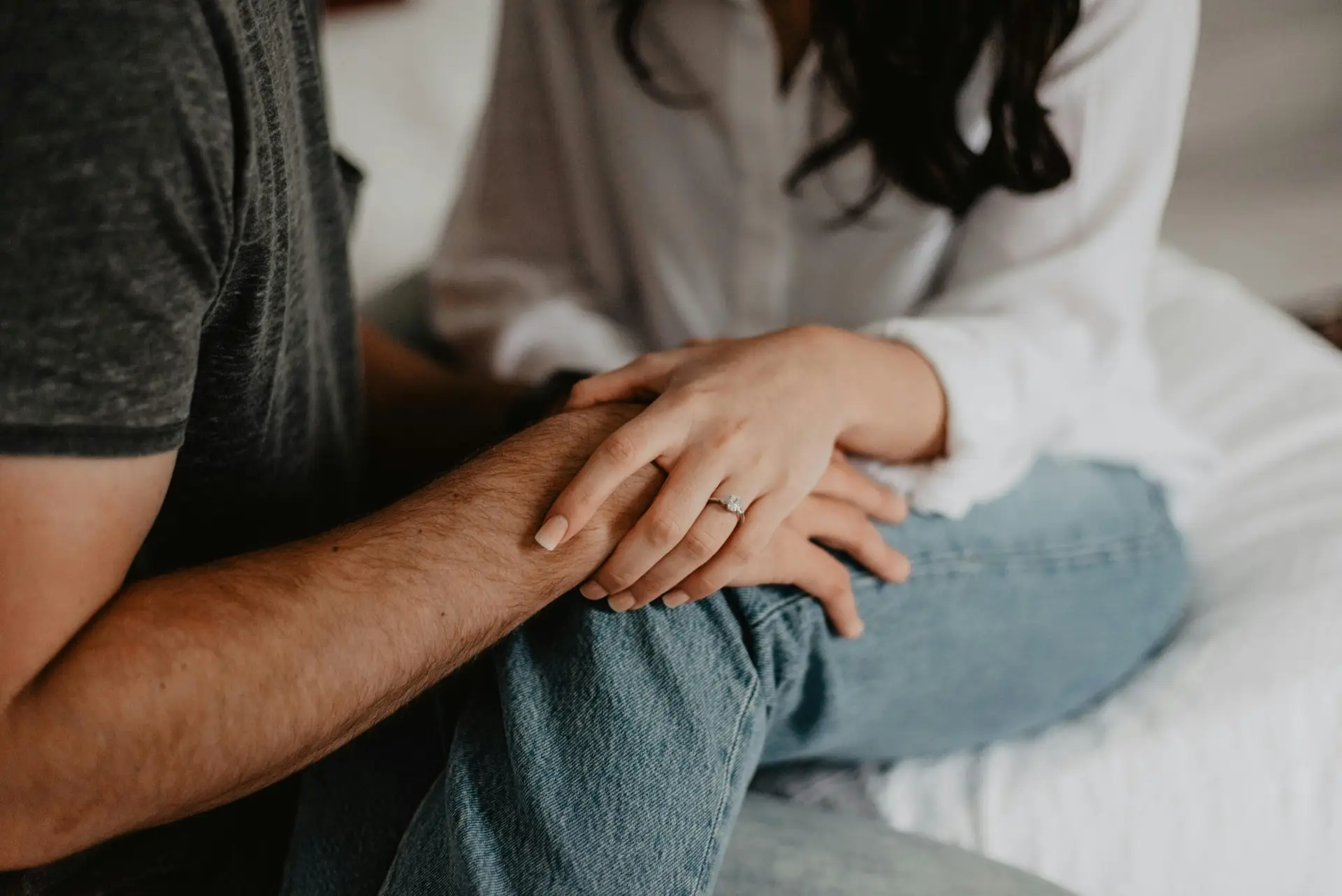The cost of battling breast cancer, or financial toxicity as it’s often referred to, is a grim reality that many of us have to grapple with. The financial burdens start to loom shortly after diagnosis and can continue way beyond the initial treatments.
Medical bills, loss of income, and indirect costs associated with care and recovery, all add up. I remember feeling overwhelmed, not just by the emotional and physical challenges thrown my way, but also by the mounting financial obligations.
Breast cancer associated with high financial toxicity
I am a Canadian, so fortunate to have healthcare coverage, but I am self-employed, so the cost of drugs, and the loss of earnings, in addition to having to dip into personal savings to keep the financial boat afloat, has a weighty impact on anyone facing a cancer diagnosis. This is even more potent for young families, individuals living at or before the poverty line, newcomers and single mothers. According to research published in JAMA, compared with other chronic conditions, patients with cancer are at risk for higher OOPCs. Breast cancer care in particular may be associated with high financial toxicity given the need for screening and diagnosis, multidisciplinary care, and longitudinal follow-up; notably, gender also affects financial security.
In the US market, there are additional challenges. Friends of mine find themselves navigating insurance, negotiating with providers and doctors, comparing cost of treatments, even managing transportation and childcare during medical appointments. For many, financial considerations had to be a part of the decisions made about their care. I remember being absolutely shocked when a US friend, diagnosed at the same time as me, shared she would be opting out of radiation therapy due to the cost of treatment. So many diagnosed have to sit with their loved ones, pouring over their budget. I recall my husband and I having a meeting with our financial planner shortly after my diagnosis to discuss our financial health and the resources we may need or could tap into, should I have to take several months or even a year off work.
Return to work after diagnosis is low
The reality is, once you are diagnosed you don’t know how you will fare, when you will fully recover, or if you ever will. Recently I read a shocking statistic that 80% of women diagnosed with breast cancer take a leave of work absence. 20% of these women will face prolonged PTSD. Only 56% of these women will return to their employment after treatment. One friend of mine is facing her third diagnosis in three years. She has no long term disability left, and a family with three small children to support. No one heading into chemotherapy for the third time should have to face the additional stress of financial toxicity.
For those with metastatic breast cancer the costs of care and of living soar. Treatment costs on average $200,000 a year. Even here in Canada, many of the very expensive drugs needed to maintain quality of live and stave of progression are not covered by provincial drug programs. I have one metastatic friend who is paying $10,000 out of pocket. Not to mention that these women are likely unable to work, or work at full capacity, and if very ill, require family members to take time off work and caregivers to support them.
Support for breast cancer patients experiencing financial toxicity
I know when I speak to employers, financial toxicity is one of the things I highlight for them. Co-workers are quick to send along mugs and pink socks to those diagnosed. What is needed is some financial support. Grocery cards, meal trains, gas cards or cold hard cash can do far more to help a family navigate this difficult challenge.
Surely every story is unique, but you’re not alone in this and there is help available. Reach out to social workers or even local breast cancer groups. They often have ideas and resources to help diminish this financial impact. Take your friends up on the offer of a GoFundMe campaign – there is no shame in accepting support in all forms.
One organization in the US that is doing good work in this regard is the Pink Fund. Founded by someone who herself experienced financial toxicity, this non-profit provides financial assistance for up to 90-days for non-medical cost-of-living expenses for breast cancer patients in active treatment, so they can focus on healing, raising their families, and returning to the workplace.
In Canada, we have the The Kelly Shires Breast Cancer Foundation which offers up to $1,000 per application to qualifying individuals and you can apply up to four times a year (lifetime financial assistance capped up to $10,000). I’ll note that the co-pay for just one of my Lapelga dosages administered after chemo was $400, so this small amount of funding, while helpful, won’t go far.
Every year, billions of dollars flow into breast cancer research and don’t get me wrong, we have made, and will continue to make great strides in advancing our understanding and treatment of the disease. For that, I owe researchers and my medical team my life. But the issue of financial toxicity in my mind does not get nearly enough attention and is profoundly damaging to individuals, their families and the economy.
Remember, it’s okay to lean on others during these particularly trying times, ask for help and graciously accept help when given.. Although there’s no magic wand to make one’s financial challenges go away, I think it’s critical to acknowledge financial toxicity when it comes to the breast cancer journey – because it’s every bit as consequential as the medical journey.




